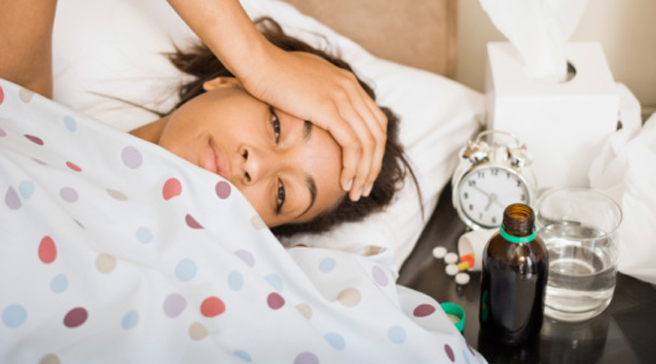So sorry I’m ill
We have a far better chance of recovery if we can learn to ask others for help

When the results of the biopsy confirmed that Martine had cancer, her first thought was, ‘How am I going to tell my husband?’ As it turned out, she was right to worry, since she spent that evening passing tissues to Jack and trying to comfort him after he went to pieces on hearing the news.
The same thing happened at the office. When she announced that her treatment meant she’d be away for a few weeks, she had to hold the hands of several tearful colleagues, and reassure them that everything would be all right. And she was naturally worried about her children. At only 10 and 12 years old, they weren’t old enough to manage when their mother was too exhausted to make their meals. And how would they react when her hair fell out and she had to wear a wig?
As she described these worries to her doctor, she suddenly realised that she was the one who was ill, not her friends or family. He gently explained that maybe it was time for her to stop protecting everyone else, and to allow herself to be helped for once.
But Martine is not alone in her reaction. During research carried out at San Francisco University on a sample of 176 women with breast cancer, Dr Grace Yoo and her team observed that many patients spent more time looking after those around them than taking care of themselves.
Another study, also carried out in the US, showed that women who felt able to ask for help – in particular from their female friends – quadrupled their chances of surviving breast cancer compared with those who shut themselves away to deal with it alone. For Martine this kind of help came from all quarters, often without her even needing to ask for it.
One mother, whose children went to the same school as Martine’s, offered to have her kids over on the more difficult days when she was having chemotherapy. It took her husband a couple of days to get over the shock, but then he recovered his characteristic analytical approach to problems, and accompanied Martine to her hospital appointments to help her weigh up the pros and cons of each decision.
Her sister, whom she hadn’t spoken to for years, came to see her, took her to the cinema, made her laugh, let her cry on her shoulder when she was feeling low. Martine couldn’t remember when she’d ever felt so close to her sister. Her children learned how to give her massages when she could hardly move. They created a photo album for her on the computer, downloading a programme designed for trying on wigs.
After the treatment was over, Martine eventually went back to being the superwoman she had been before. But this time she was filled with a warm glow, as if learning to let others support and look after her when she needed help had given her new confidence.








